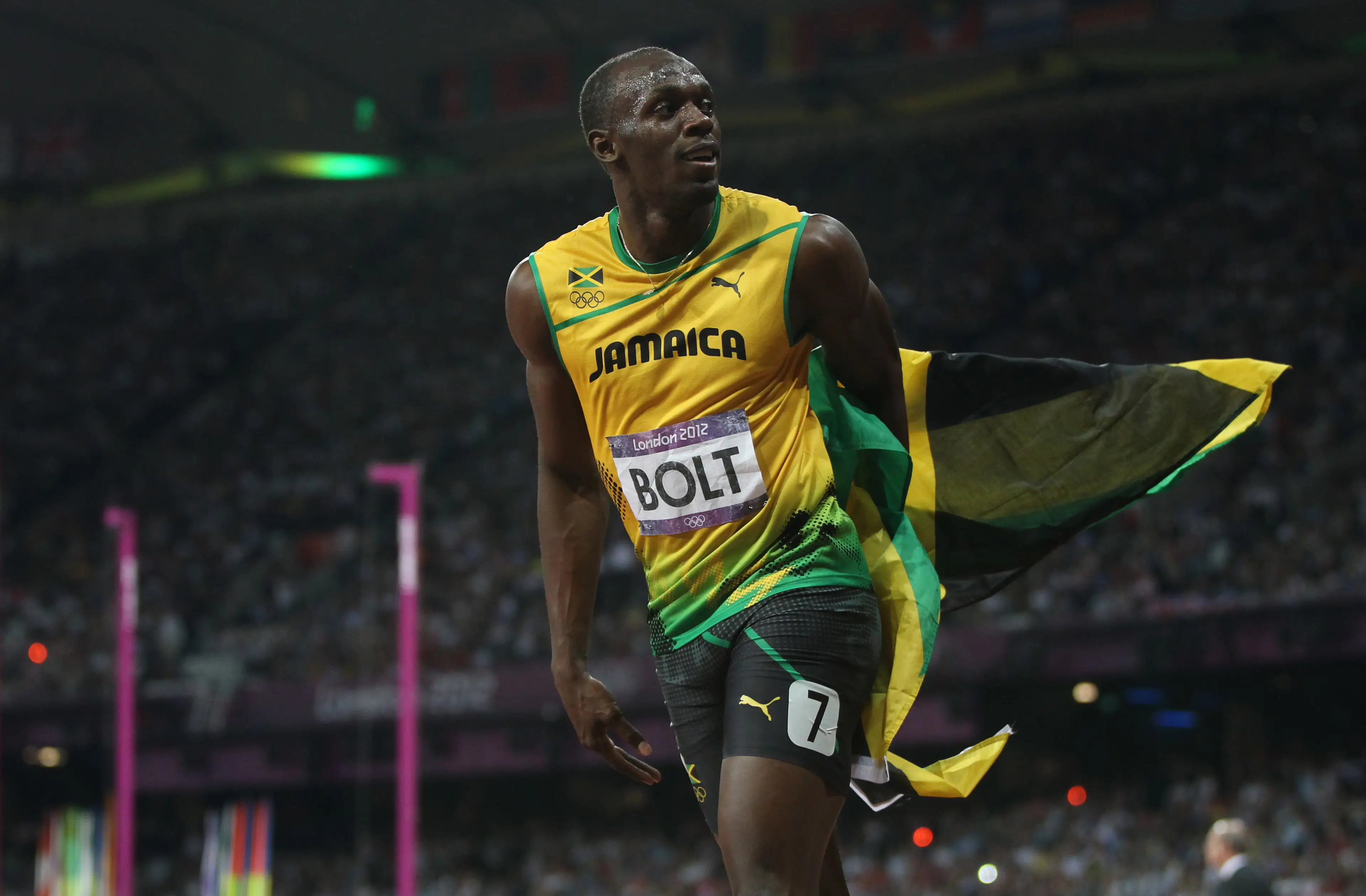
USA sprinter Noah Lyles won gold in the 100m race at this year's Olympics and yet he still wasn't anywhere near Usain Bolt's world-record time.
In a classic race at the Stade de France, Lyles bested both Kishane Thompson of Jamaica and his US teammate Fred Kerley - clocking in at 9.79 to claim the top place on the podium.
It was an electric personal best from Lyles but it makes Bolt's insane 9.58 time - 0.16 seconds faster - even more impressive.
Bolt is an eight-time gold medallist and also the proud owner of the "fastest man alive" tag thanks to his heroics at the World Championships in Berlin back in 2009.
Advert
He recorded an outrageous top speed of 27.8mph [44.72 km/h], cruising to victory.
An average human would typically take around 15 seconds to run 100m and a few years back Bolt went up against a whole host of regulars during a skit with James Corden and Owen Wilson for the Late Late Show.
The race took place in the CBS car park and in addition to Corden and Wilson, employees working on the programme took part.
There was a false start for actor Wilson before the gun sounded and the sprinters were off.
One of the competitors fell over when started and though some participants displayed solid speed, Bolt turned on the jets and won with absolute ease.
He was so far ahead of everyone else that he was able to put his arms out in celebration before jumping over the finish line.
The video of the hilarious experiment has 14 million views on YouTube after it was shared eight years ago.
No sprinter has recorded a 100m time under 9.70 since 2012, with Bolt well and truly in his own league.
The 37-year-old doesn't believe anyone from the current crop of sprinters has what it takes to beat him, making his feelings clear on the Obi One Podcast in July.

However, scientists Polly McGuigan and Aki Salo believe it is not out of the realms of possibilities.
"A combination of genetics and training would need to produce bum, thigh and calf muscles which are a little bit stronger and faster than the current best sprinters," they theorised in 2022.
"A muscle with a high proportion of large, fast twitch muscle fibres will be able to generate larger amounts of force more quickly than a muscle with a lower proportion.
"It's safe to say that someone will break the nine second barrier - not necessarily in our lifetime, but it will happen one day."
Topics: Usain Bolt, Olympics